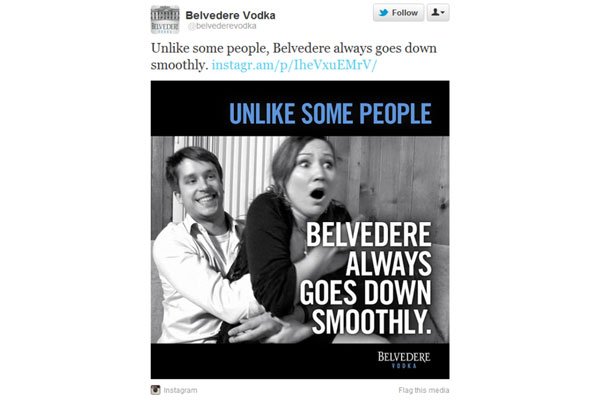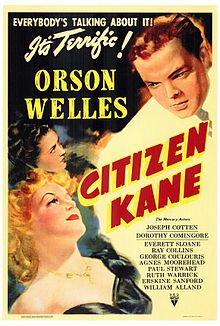 As the owner of an online marketing company, I get to sit in on a fair number of advertising agency pitches and briefings with our clients. And more often than not, the pitches are a variation on “clever creative spots” or “bold brand ideas”.
As the owner of an online marketing company, I get to sit in on a fair number of advertising agency pitches and briefings with our clients. And more often than not, the pitches are a variation on “clever creative spots” or “bold brand ideas”.
It’s not surprising – these things have been marketing agencies’ bread and butter since before Don Draper strapped on his first Brooks Brothers’ suit.
But it is less and less convincing.




